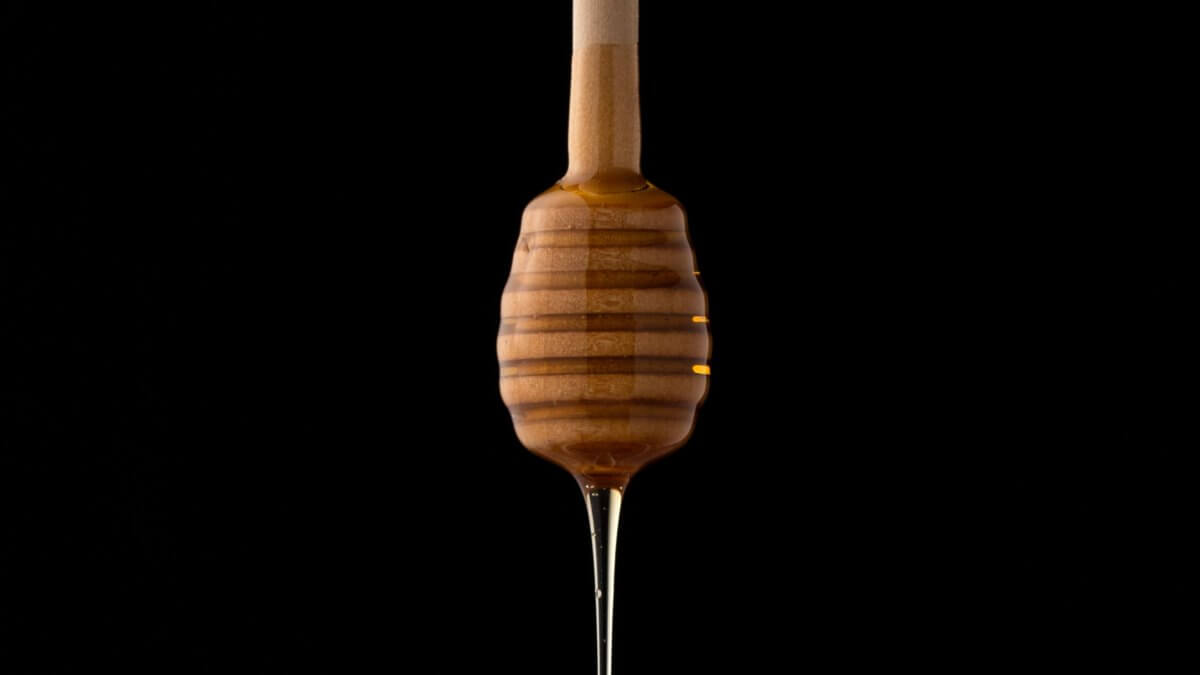
People with diabetes often receive lots of education from their doctors and nutritionists about things they can do to naturally get healthy glucose levels in addition to medical treatment. They learn how to use glucose monitors, diabetic testing kits, and how to give proper insulin injections.
Getting our blood sugar under control isn’t just critical for those with diabetes. Blood sugar is a crucial measure of health, and everyone should be aware of the benefits of keeping our glucose levels under control.
Luckily, there are plenty of steps we can all take (some of which may surprise you!) to help keep those glucose levels, well… level.
- Stay hydrated. Water is preferable, but other non-caloric beverages can also provide your body with the hydration it needs to help your kidneys eliminate excess blood sugar through urination. Avoid sugary drinks such as sodas and fruit juices.
- Get some good sleep. Believe it or not, getting enough quality sleep affects insulin sensitivity and blood sugar levels. Getting too little sleep can increase cortisol levels and decrease the release of growth hormones- both of which are essential factors in blood sugar control.
- Chill out. Hormones like cortisol and glucagon are secreted during stress- and both contribute to a rise in blood sugar levels. Many studies have shown that relaxation methods like mindful meditation, yoga, and gentle exercise reduces stress, lowers blood sugar levels, and help repair problems of insulin secretion in those with chronic diabetes.
- Move your body. Regular exercise is so essential to our health for so many reasons, but it’s also a great way to help moderate blood sugar. Losing weight, increasing insulin sensitivity, and encouraging your body to use its blood sugar to power muscles and increase energy are all ways exercise contributes to healthy glucose counts. ***If you have diabetes, it’s very important to measure your blood sugar levels regularly during exercise, your body’s glucose levels will change according to its level of activity. Consult your doctor about establishing an exercise routine best suited to your needs.
- Eat more fiber. Fiber helps to regulate blood sugar levels by slowing down your sugar absorption and carb digestion. Vegetables, fruits, legumes, and whole grains are all key components of a high, soluble fiber diet.
- Control your carbs. There’s a reason the term “low-carb diet” is on the front page of every health and nutrition magazine these days. The body breaks down carbs into sugars, which is then whisked away to the cells via insulin. If we have problems with how our insulin functions and/or we eat too many carbs, this efficient process breaks down, and blood glucose levels rise.
- Exercise portion control– Portion control is an integral part of controlling our calorie intake and managing our weight. A healthy weight supports balanced glucose levels, and too much caloric intake too soon can cause blood sugar levels to spike, which is bad news for our bodies, particularly if we have problems with insulin function.
These are just a few of many things we can do to help naturally moderate our glucose levels. If you suspect you may be having blood sugar problems, see your doctor right away. He or she will tell you to make it a point to monitor your glucose levels. We offer many varieties of diabetes testing kits and glucose control solutions at NCO, and our staff is more than happy to assist in choosing the product that’s right for you!
